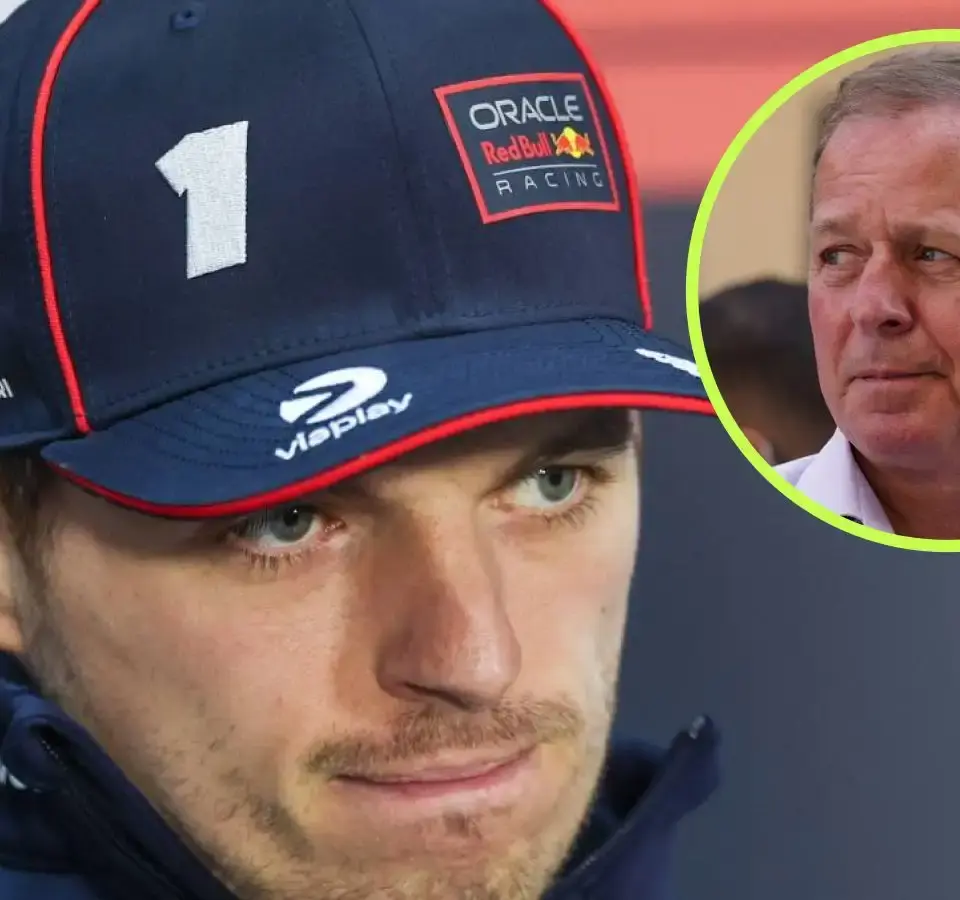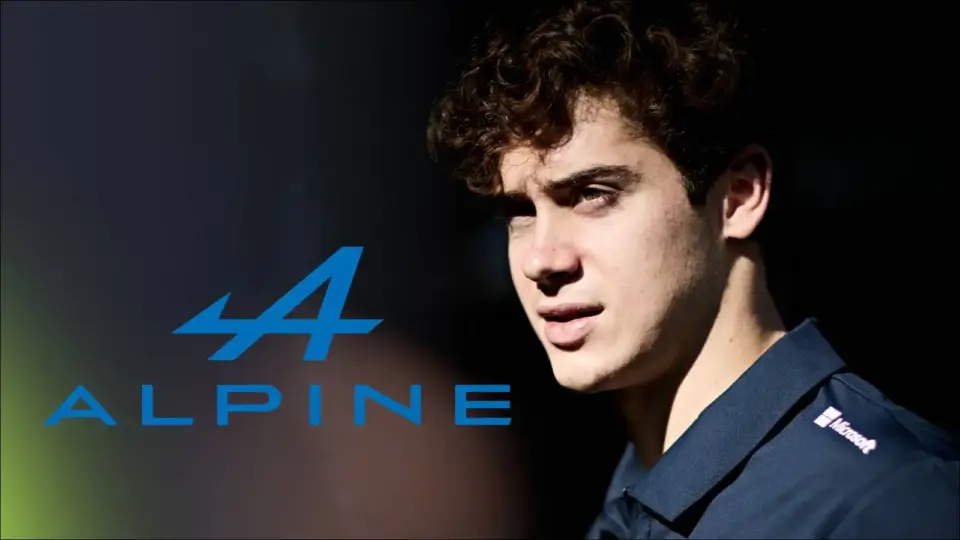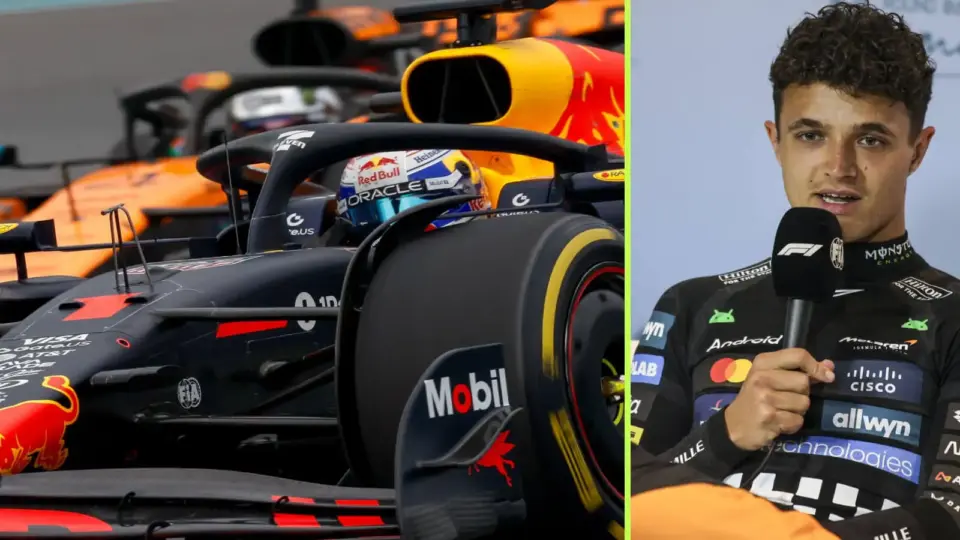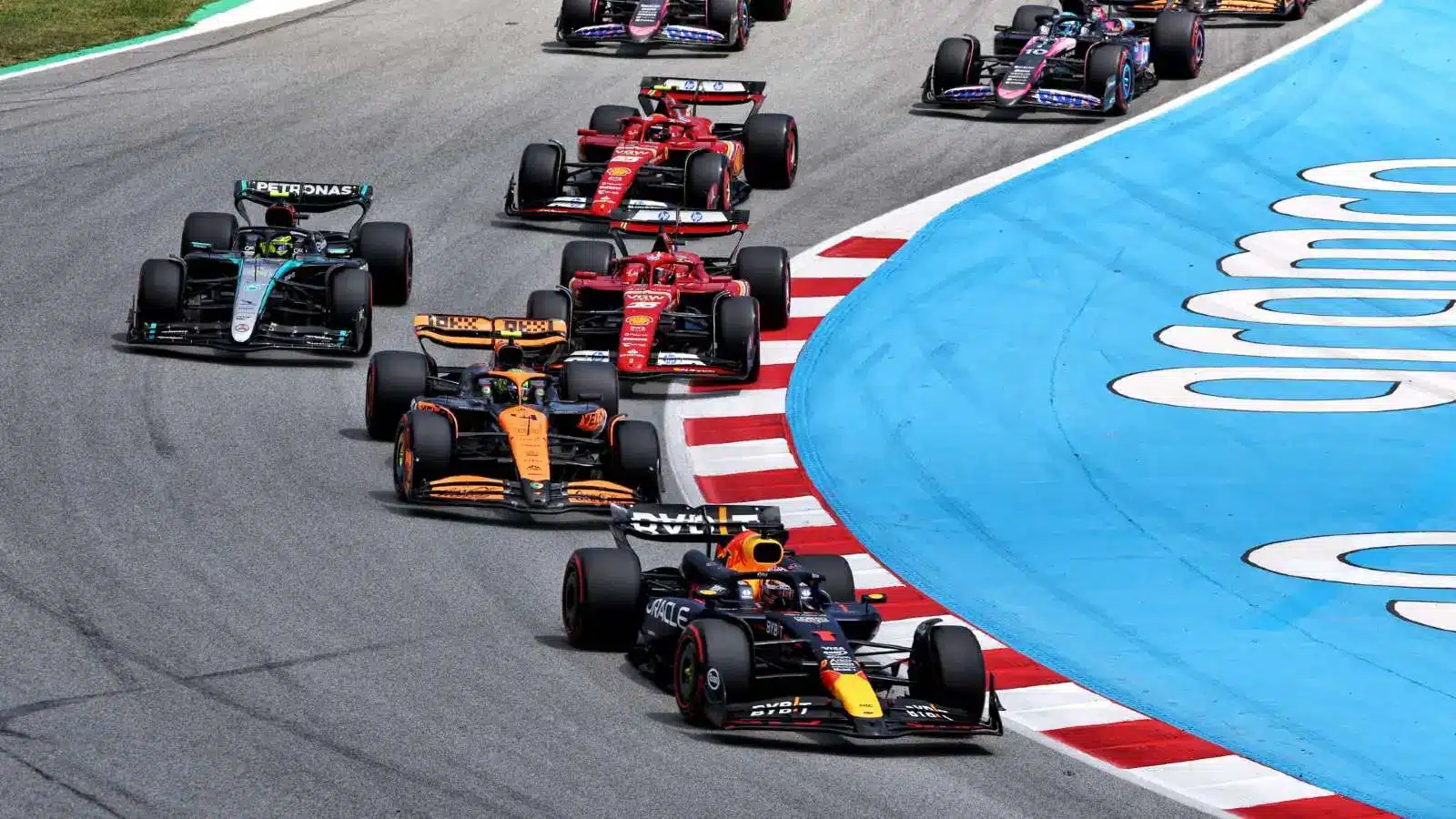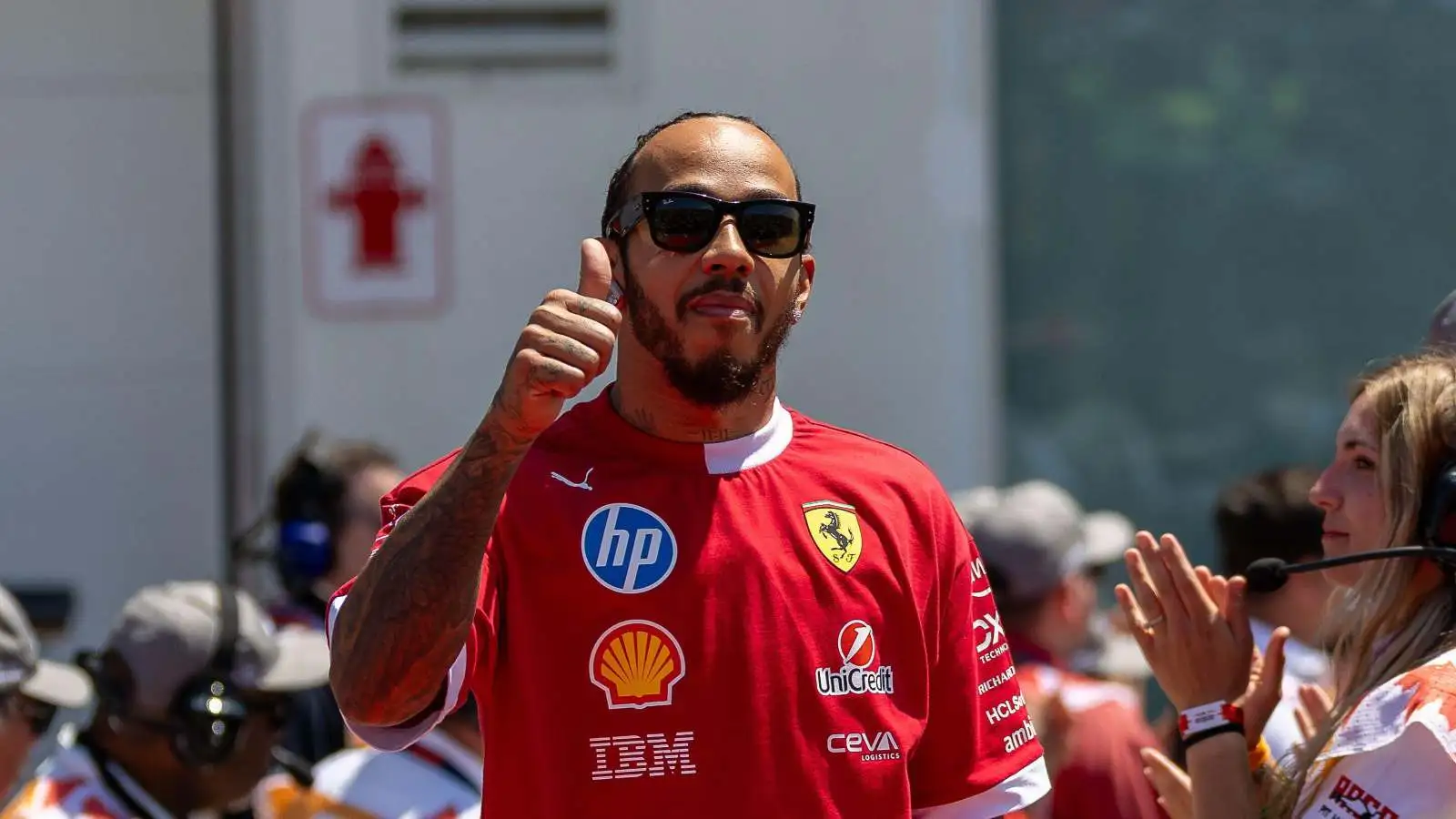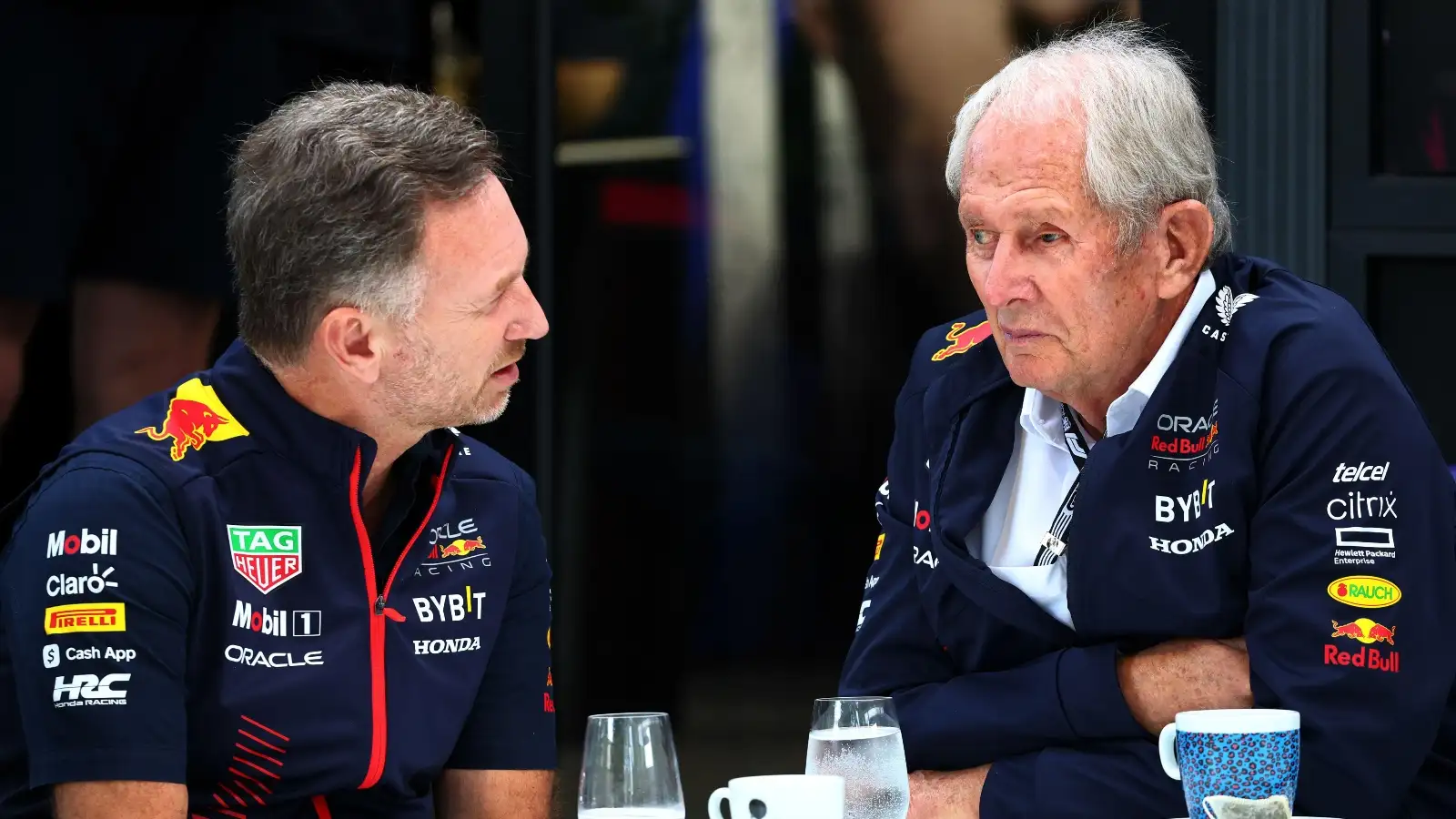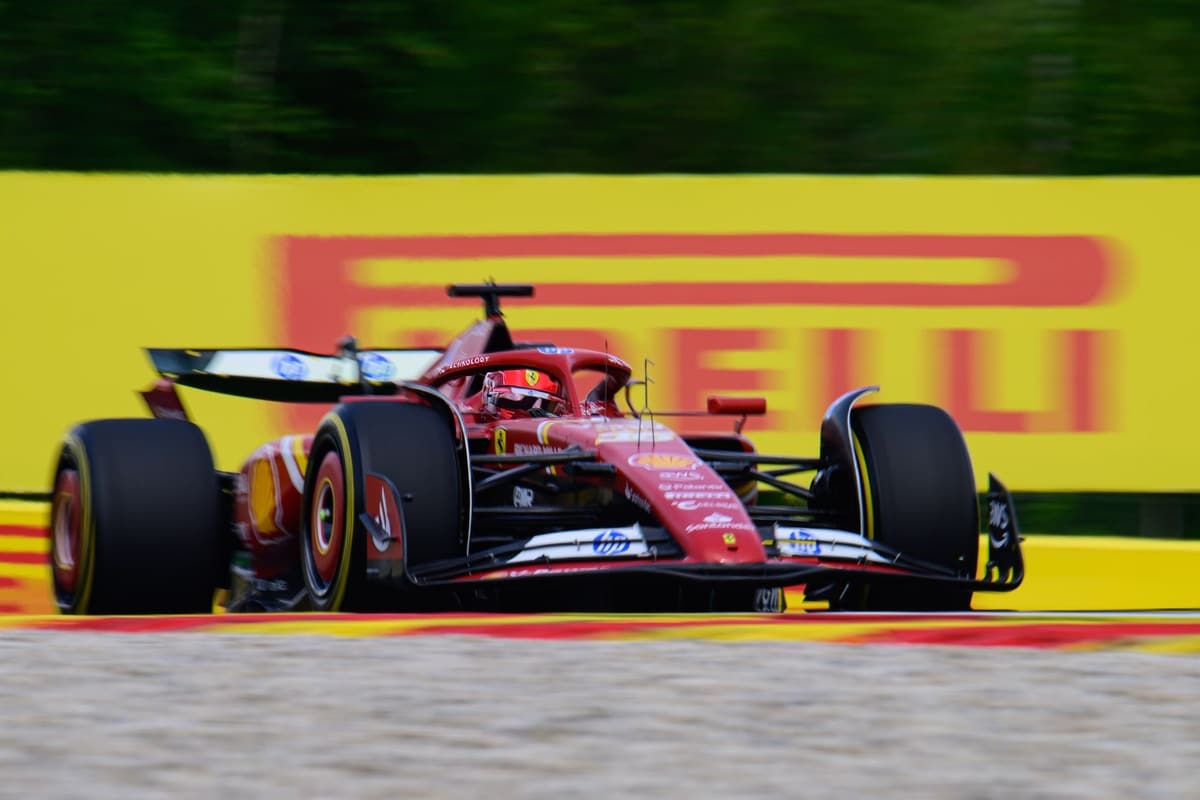Max Verstappen, known for his keen eye on the racetrack, found himself at odds with the FIA during the most recent Miami Grand Prix. In a twist of events, Verstappen accused his competitor, George Russell, of not slowing down during a Virtual Safety Car (VSC) period, only for the FIA to reject Red Bull’s protest against Russell.
The Miami Grand Prix was expected to be a thrilling race, albeit with the looming threat of rain. Fortunately, the weather held back, allowing the race to proceed smoothly. However, the event wasn’t without its share of challenges. Multiple Virtual Safety Cars (VSCs) were issued, primarily due to drivers encountering punctures and mechanical issues that forced them off-track.
A major point of contention arose when one particular VSC timing played into the hands of McLaren drivers Oscar Piastri and Lando Norris, as well as Mercedes’ George Russell. All three managed to pit efficiently, maintaining their positions without significant time loss. Meanwhile, Max Verstappen wasn’t as fortunate. Red Bull’s decision to pit him just before this VSC meant he lost track position, notably to Russell.
As the race intensified, Verstappen was close on Russell’s tail, convinced that Russell had been too fast during the VSC. Despite Verstappen’s certainty, the race stewards found otherwise, determining that Russell had indeed complied by reducing speed when the yellow flags came out.
This led Red Bull to formally protest the stewards’ decision, maintaining their stance that Russell gained an unfair advantage. Yet, the FIA reviewed the matter and concluded that the protest was unfounded, upholding the initial decision.
Martin Brundle, a pundit for Sky Sports, commented on the situation in his column, suggesting that Verstappen might have overestimated the situation. He praised Russell for his composure under pressure, particularly in the face of physical discomfort from cramping during the final laps. Brundle noted that, despite Russell’s apparent struggle with pace, his timing and strategic pit stop secured him a podium finish.
Throughout the tense Miami GP, Verstappen showcased his competitive spirit, always on the lookout for any possible infractions by rivals. However, Martin Brundle observed that the reigning champion might have been a bit too vigilant in this instance, as the claim against Russell did not hold up under investigation.
In the world of Formula 1, where strategy and timing can make or break a race, Maxi Verstappen’s recent protest serves as a reminder of the fine margins in play. While his attention to detail is often a strength, this event highlighted the complexities of racing dynamics where not every instinct pans out. As the season progresses, the balance of maintaining competitive vigilance and the ability to read the race accurately will be crucial for all drivers.
